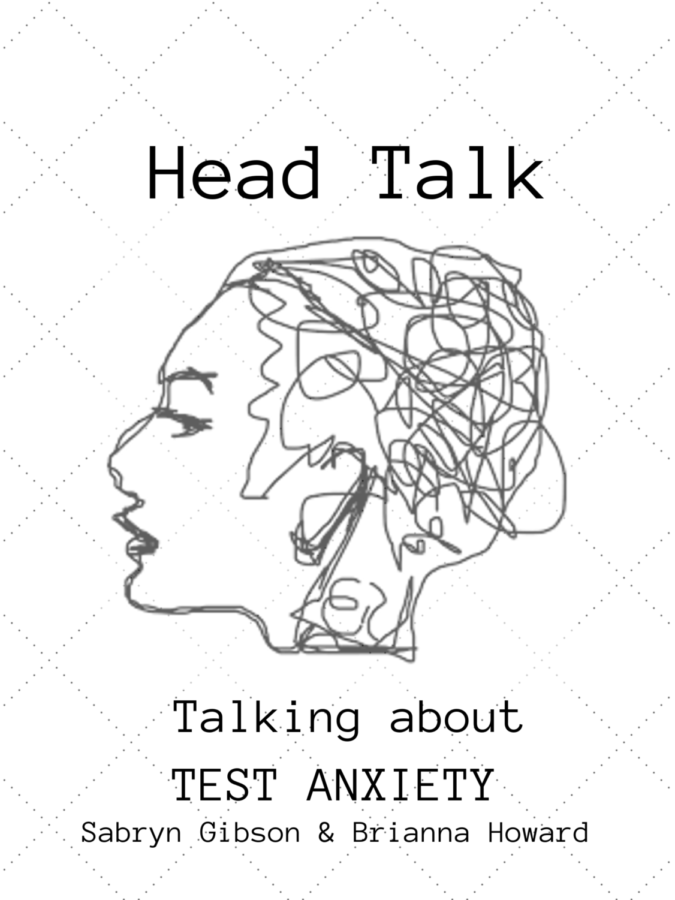Understanding Test Anxiety
In the first episode, we examine ways to control your test anxiety
Head Talk a Podcast about mental health.
With first-quarter coming to a close, many students have at least experienced nervousness before a big test. Sweaty palms, dizziness, stomach aches, and stress headaches are just a few of the side effects test anxiety can cause.
It’s more than just being stressed out.
Test anxiety is a type of performance anxiety. Test anxiety can bring you the feeling of “butterflies” in your stomach. Some people can notice that they get shaky or sweaty and in some cases can even feel their heart beating fast.
Some ways you can help control your test anxiety can be:
1. Study for test whether it’s the night before or 10 minutes before the test.
2. Being prepared can help you relieve your stress for a test because it gives you reinsurance that you know the material.
3. Ask for help or just tell a teacher if you think you need some more practice with the subject, because most of the time your teacher will help you and maybe let you take the test at a different time or in another setting.
Try to think positively and don’t let the negativity get to you. When you think positively it will affect your work with a positive score. Try to not be a perfectionist because it will cause even more stress; so just accept the mistakes and try again. If you feel good about yourself then a lot of times you also perform well.
Mental health is a huge part of school life. Statistics show that 1 in 10 young people have a mental health problem that affects their behavior in school, home, or in their community. It’s important for us to acknowledge mental health and help people who are struggling.



